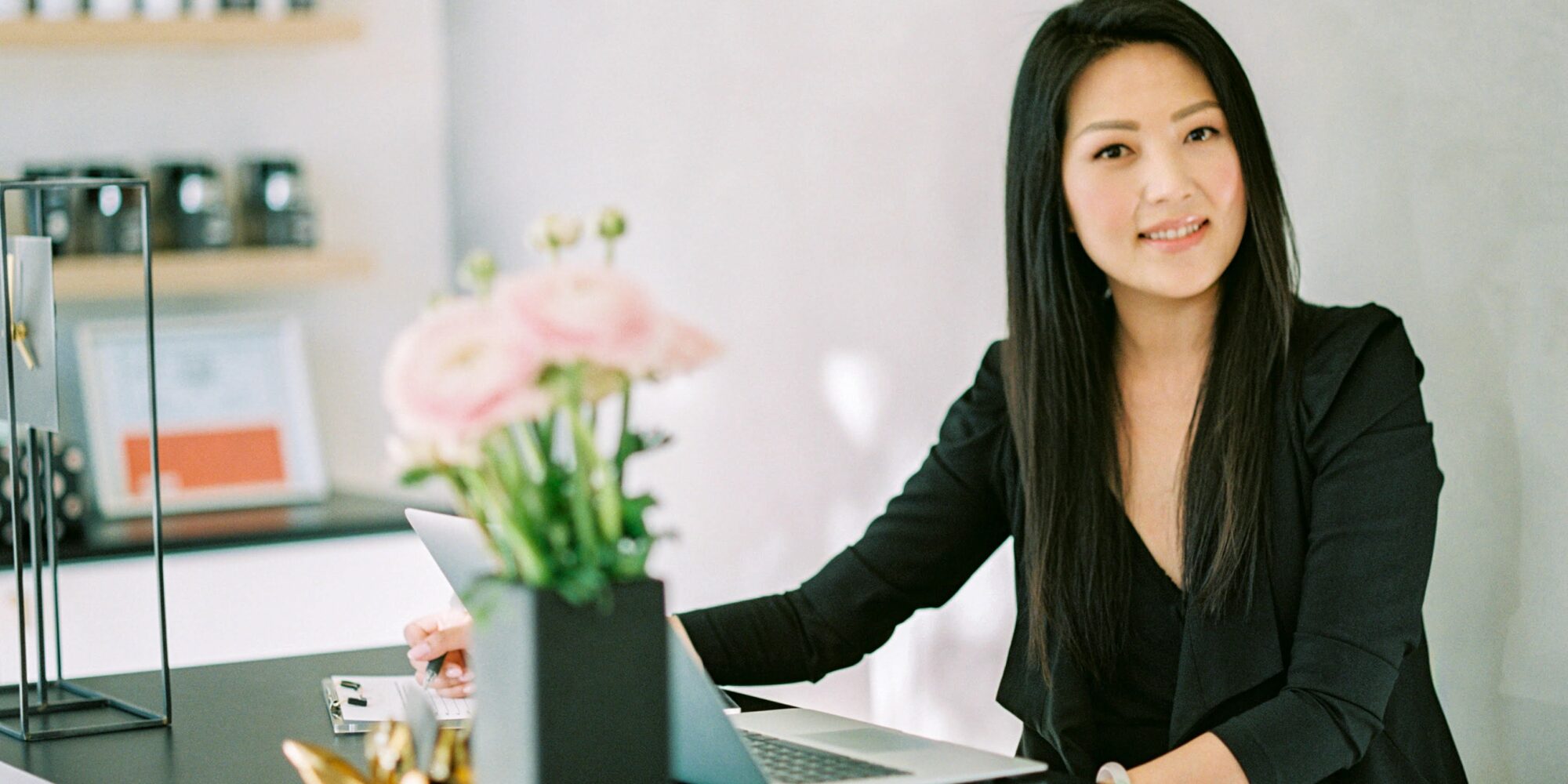
After The Atlanta Shootings, Fears Over Safety Rise At Asian American-Owned Spas And Salons
In the wake of shootings that killed eight people in the Atlanta area last month, including six of Asian descent, the places where the victims worked—Gold Spa, Young’s Asian Massage and Aromatherapy Spa—have been splashed across the news.
The mass killing came as anti-Asian hate crimes have been rising in the United States, further sewing terror in an Asian American community that’s had members stomped walking to church, verbally assaulted in their cars and beaten on the subway. In particular, Asian American Pacific Islander (AAPI) spa and salon owners and employees are navigating growing anxiety over safety after the targeting of the spas in Atlanta.
Dung Nguyen, program and outreach manager at the California Healthy Nail Salon Collaborative, a nonprofit with a mission to defend the rights of nail salon staff, says nail salon owners and workers are “afraid to go to work. A number of owners are choosing to keep their salons closed and a number of workers aren’t going to work because they’re afraid for their lives.”
Aesthetician Anita Chan, owner of Anita B Spa in San Francisco, worries about copycat shootings, and keeping herself, her employees and her business shielded from the violence that’s been perpetrated against Asian Americans. She says, “I couldn’t help but think that I, too, work at a spa and the thought of myself or anyone on my team potentially being hurt due to my race as the owner is more than I can bear.”
Salon and spa owners and employees in the United States are regularly confronted with anti-Asian racism. As the pandemic began to grip the country, Hannah Ly, a nail salon owner in Virginia, recalls a woman across the street yelling at her, “Go away!” Speaking of her business, she says, “Do I have fear that someone might come bring a gun to my shop? Yes, I do. My shop is located on a big street, and you can see the sign from the highway.” For safety reasons, Ly asked Beauty Independent not to publish the name of her nail salon and the city it’s in.
Cecilia Wong’s mood has shifted of late as events have unfurled. “In the last six months, I’ve felt hopeful, optimistic and grateful,” says the facialist and owner of Cecilia Wong Skincare in New York. “Now, I’m simply disappointed and heartbroken because the truth of the matter is we live in a world that’s so permeated by hate. Though I am now fired up and ready to fight back, I still have fears for the safety of my family, especially my mother who works in New York City. I mostly fear that our pain is not recognized.”
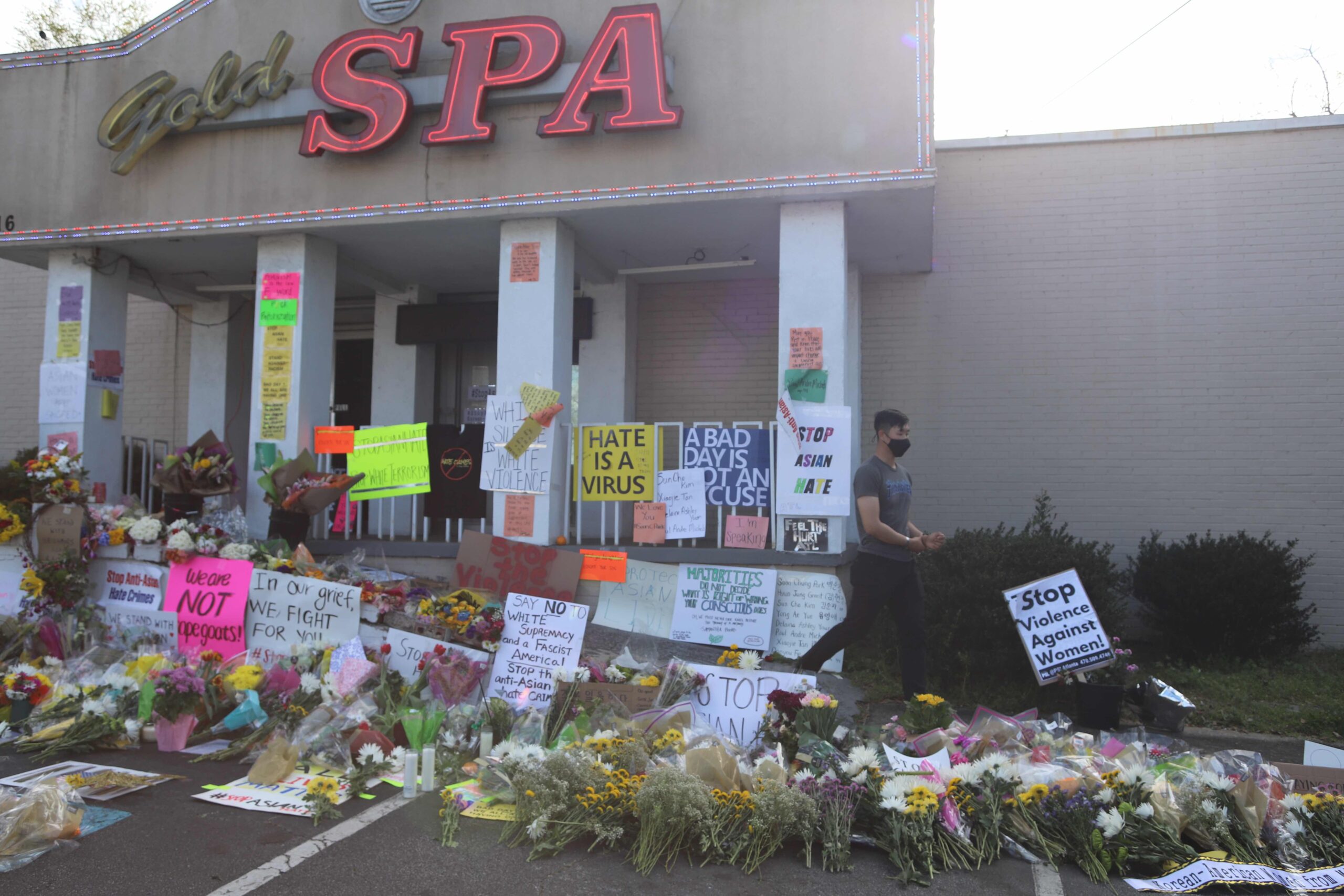
Sandra Lanshin Chiu, a licensed acupuncturist, Chinese Herbalist and owner of Lanshin studio in Brooklyn, is concerned for her family’s safety and that support for the movement to address Asian American racism or #StopAAPIHate will dwindle, but remains optimistic. She points to the examples of Nancy Toh, an 83 year old attacked outside the Westchester Mall in White Plains, N.Y., sharing a message of forgiveness, and Xiao Zhen Xie, a 75 year old who fought back after being punched, as making her less afraid and proud of Asian values.
“People may stop caring about the racism and discrimination that still exists, but, seeing how passionate and fierce the AAPI community has been, I know we won’t stop caring,” says Chiu. “We won’t forget.”
The shootings in Atlanta are connected to a complicated mix of xenophobia and misogyny. Robert Aaron Long, who confessed to the crime and has been arrested on charges of murder and assault, informed authorities that he has a sex addiction problem and viewed the massage spas as “a temptation for him that he wanted to eliminate.” It’s unclear if the spas offered sexual services recently. USA Today conducted an investigation showing the Atlanta Police Department conducted nine undercover operations at Gold Spa and Aromatherapy Spa between 2011 and 2014. The operations instigated 12 arrests, nine for prostitution.
“A number of owners are choosing to keep their salons closed and a number of workers aren’t going to work because they’re afraid for their lives.”
The equation of massage spas and sex has widespread implications for the spa and salon industry. In light of those implications, Chan believes that the industry and media should endeavor to destigmatize massage work. She says, “The media downplayed the perpetrator’s actions as a hate crime and chose to use the word ‘massage parlor’ instead of spa to highlight the victims as people of lesser value. All of these micro-aggressions play a part in the bigger dilemma we are currently facing. All minority groups have now been left with no choice but to speak up and demand what should have been a given, which is equality.”
Chan says prejudice against massage workers has led to licensure challenges for her spa. She gave up trying to obtain a license for her spa after failed attempts. “They actually told me not to bother trying since there are many hoops to prove we are not operating as an illegal massage parlor,” says Chan, referring to her local health department. “I can only imagine the discrimination an immigrant woman faces. It’s absolutely demoralizing for wellness workers.”
Rather than increasing the stigmatization of massage work, Chiu encourages the media to spotlight the joys of Asian spas and self-care. She says, “[The media should] help transform the racist trope of Asian spas solely being places for sex work. That’s not how we, as Asians, see spa and sauna experiences. For us, it offers families a healthy way to spend time together. Parents may bring their children to enjoy a day of relaxation followed by a nourishing meal.”
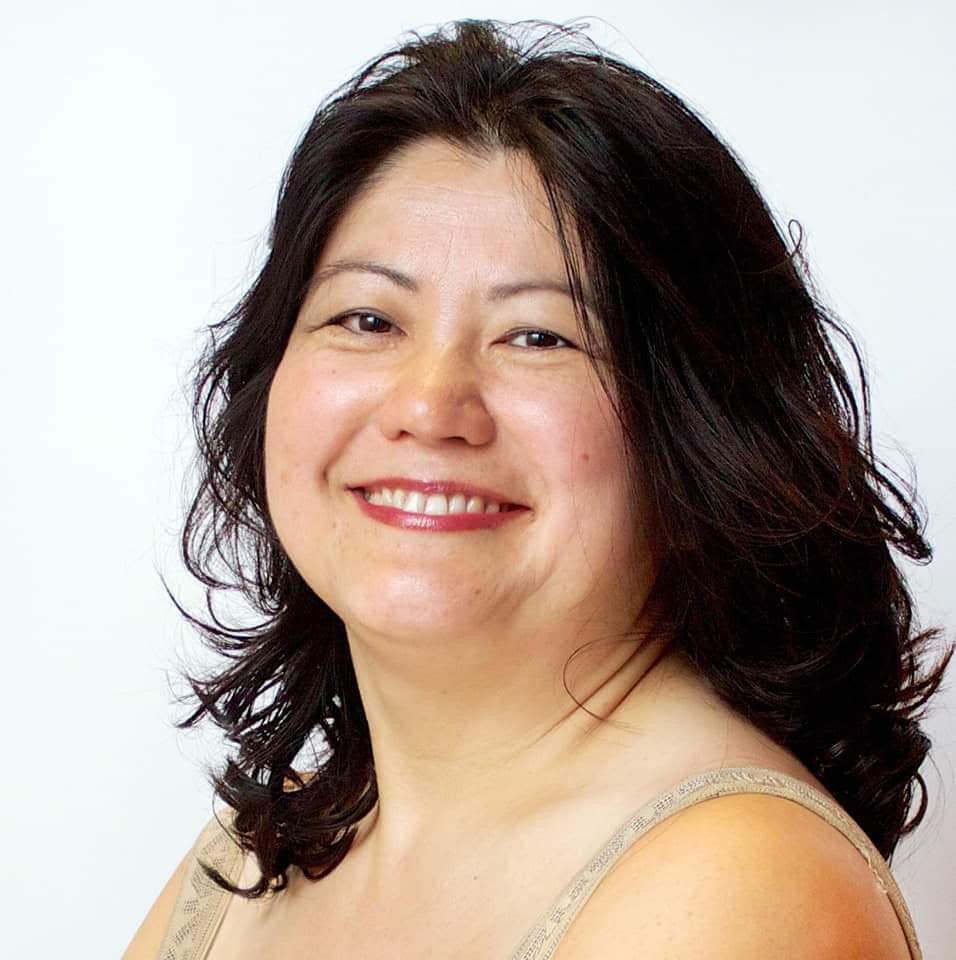
Hyun Martin, a massage therapist and co-author of the book “Asian American Anthology: I Am An American Too!,” is an advocate for bodywork and its ability to heal people. While she believes massage work should be destigmatized, she also recognizes human trafficking is a real problem. She proposes decriminalizing sex work and focusing on protecting victims of human trafficking.
“They’re promised lucrative jobs in America, but they’re basically prisoners,” says Martin of the trafficking victims at illicit massage businesses. “At some of the spas, they actually had to stay and sleep there. And, at others, they’re basically in a home and the owners pick them up and take them to work. Their passports or whatever official documentation is kept, so it’s like they’re document-less holders. There’s so much control over their lives.”
Martin continues, “Most of these [victims] are the ones that are going to have the book thrown at them, while the owners are the ones who usually pay fine, and they just start another one. That’s the saddest part of all. We need to hold more of the pimps accountable, which are usually men, but there are also women who do this.”
“The thought of myself or anyone on my team potentially being hurt due to my race as the owner is more than I can bear.”
According to a study by Atlanta-based religious organization Street Grace, massage businesses are the second-largest harborer of human trafficking in the U.S. Requesting anonymity, a massage therapist who’s worked for 30 years in a major metropolitan area asserts the spa and salon industry shouldn’t turn a blind eye to the problem, which has affected legal spa businesses, not merely those directly involved in trafficking or being trafficked. The status quo has meant massage therapists routinely encounter inappropriate and illegal requests for sexual acts on the job.
Detailing what occurs with massage clients at high-end hotels, the massage therapist elaborates, “Most of them just accept no. A guest called for an in-room massage, but repeatedly asked for a happy ending even after I told them no many times. I was like, ‘No, this is not that kind of massage. This is all therapeutic.’” The massage therapist reported the guest to the hotel, but the guest was permitted to stay. The guest was prohibited from receiving future spa services.
Women account for a large majority of massage therapists, nail technicians and aestheticians. Sayuri Tsuchitani, owner of Headspa EN in Beverly Hills and a Japanese immigrant, says, “There are limitations for Asian female immigrants to survive in the USA. I myself decided to get my cosmetology license [to] start earning money without years of schooling. Many females came from [other] countries with less gender equality, and they start new lives as beauty professionals.”
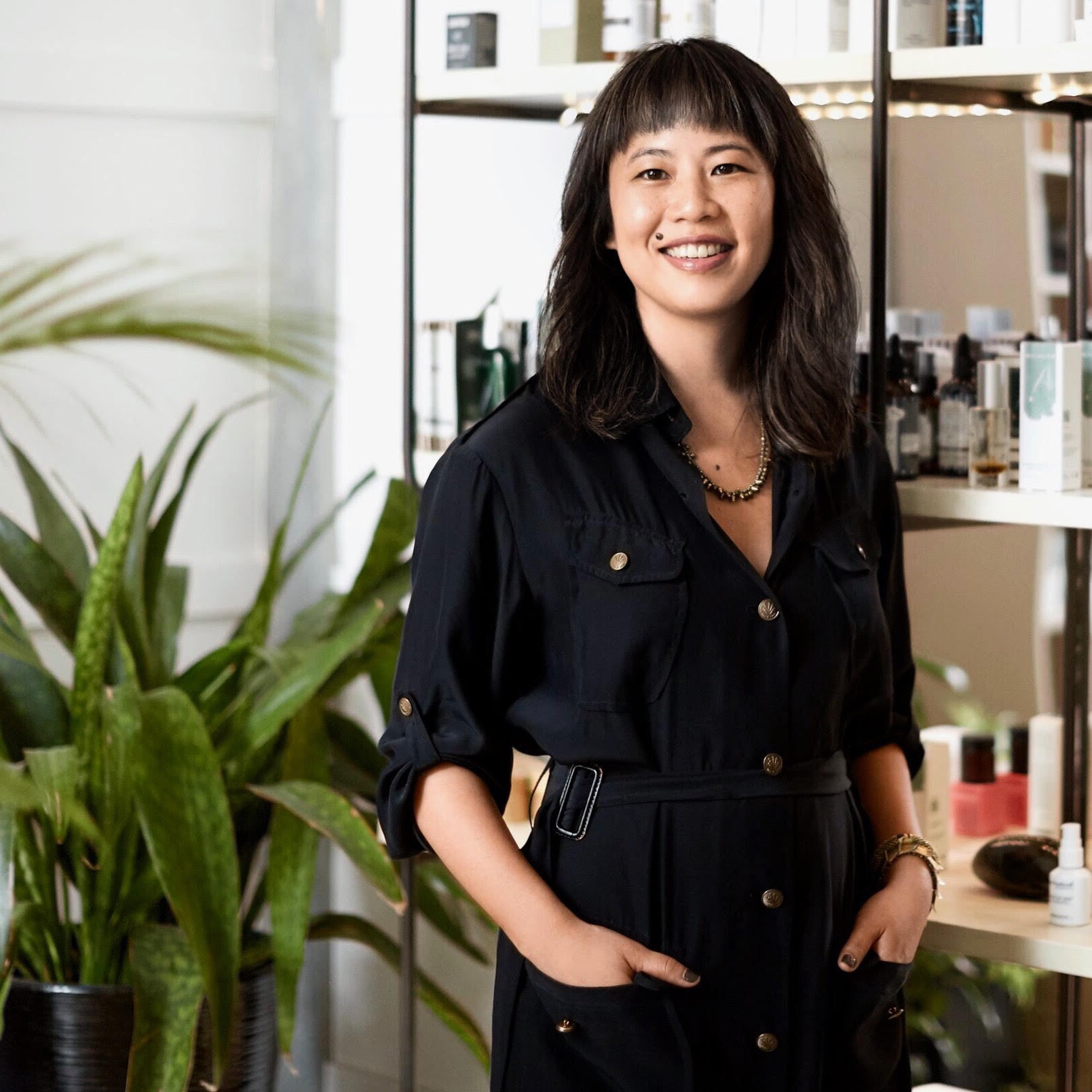
Legislation is mounting to ensure women workers aren’t exploited. Lily Qi, a delegate in Maryland’s House of Delegates, has introduced a bill to protect home care workers, a group largely populated by women of color, in her state, and argues similar action could be extended to spa and salon employees. Qi says, “We have to assume that most nail salons and spas are doing what they claim to do, that they’re legit businesses, and they’re licensed professionals.” The bill she introduced requires companies that receive Medicaid funding and hire home care workers to report the workers’ wages and how they are classified to verify they’re obtaining the benefits they’re entitled to.
Chan hopes stories of AAPI salon and spa owners and workers will humanize them. “Behind every business is a person and a team that makes it run, not just a name on the business card or a shop on the block,” she says, adding, “We need to realize that [the Atlanta shooting victims] were daughters, mothers, sisters. And, just like all of the girls on my team, we go to work to contribute to our society and to make a living for our families. The ability to continue to do so has, unfortunately, been cut short for these victims, so it is my priority now to do anything to maintain that right for my team and peers in this industry.”
Nguyen encourages the beauty industry to be vociferous in its condemnation of anti-Asian violence. “They can also support the demonstrations and vigils that are happening and the businesses that have been victimized,” she says. The California Healthy Nail Salon Collaborative is providing emotional support to nail professionals and has developed anti-harassment training to educate workers on how to protect themselves and deescalate potentially violent situations. It plans to put together safety kits to be distributed to its network.
Tsuchitani urges people to support AAPI-owned beauty businesses during this very difficult period for the AAPI community. Wong, Chan and Chiu appeal to the beauty and media industries to harness their power to influence change. Wong suggests, “Spread awareness. Have more Asian American representation. Include us more. Provide education and have open platforms to communicate. I hope that the industry will show up and stand up more for their Asian American employees and staff. Change comes from the top. It starts with the leadership roles.”
KEY TAKEAWAYS
- The shootings in the Atlanta area last month killing eight people, including six of Asian descent, at Gold Spa, Young's Asian Massage and Aromatherapy Spa has stoked fear in the Asian American community, including among spa and salon owners who worry there could be copycat shootings.
- Some AAPI-owned salons and spas are remaining closed and their employees aren't coming to work due to fears for their safety. Even prior to the recent rise in anti-Asian hate crimes, they regularly experienced prejudice against Asians in the course of their work and living in the United States.
- The shootings in Atlanta are connected to a complicated mix of xenophobia and misogyny. Robert Aaron Long, who has confessed to the horrific crime, informed authorities that he has a sex addiction problem and viewed the massage spas as “a temptation for him that he wanted to eliminate." It’s unclear if the spas involved in the shootings recently offered sexual services.
- According to religious organization Street Grace, massage businesses are the second-highest source of human trafficking in the U.S.
- AAPI advocates in the spa and salon sector argue that the industry should destigmitize massage work while not turning a blind eye to human trafficking. They say both the victims of it and those that have nothing to do with trafficking suffer as a result of it. Massage therapists routinely encounter illicit and inappropriate requests for sex acts.
- The California Healthy Nail Salon Collaborative is providing emotional support to nail professionals and has developed anti-harassment training to educate them on how to protect themselves and deescalate potentially violent situations. It plans to put together safety kits to be distributed to its network.
- AAPI spa and salon owners urge people to support AAPI-owned beauty businesses and ensure AAPI representation at beauty companies.
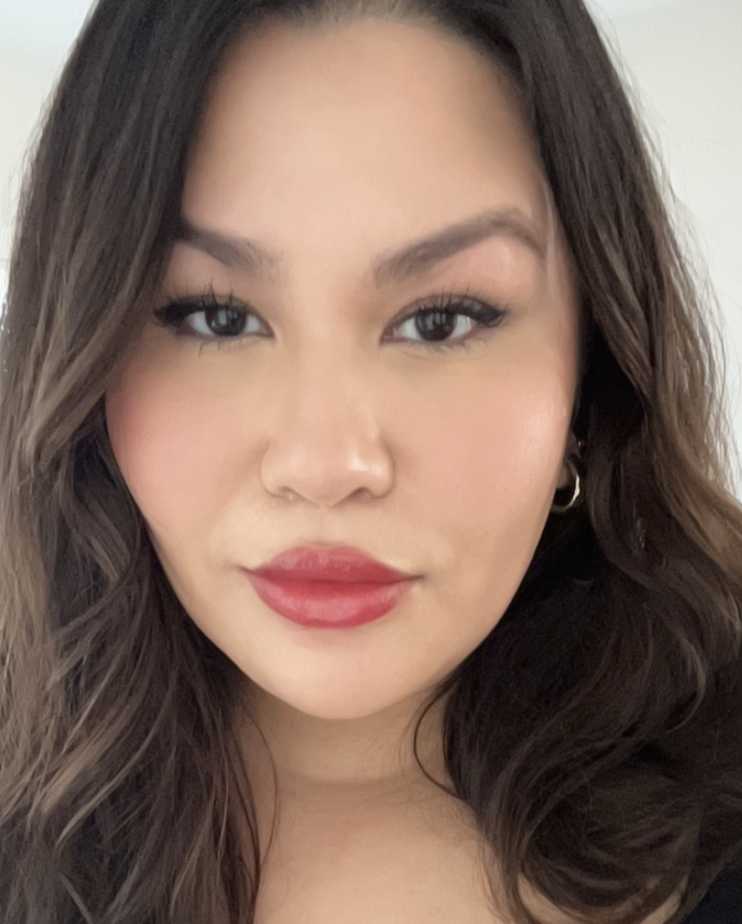

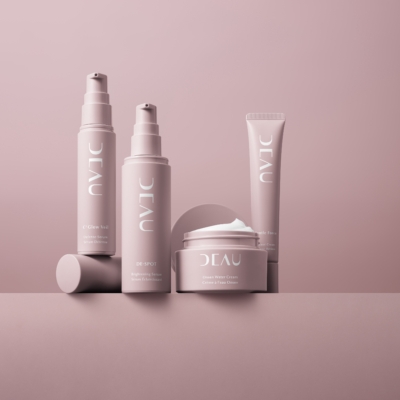


Leave a Reply
You must be logged in to post a comment.